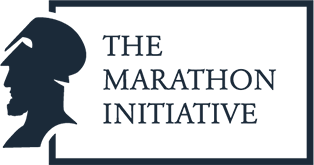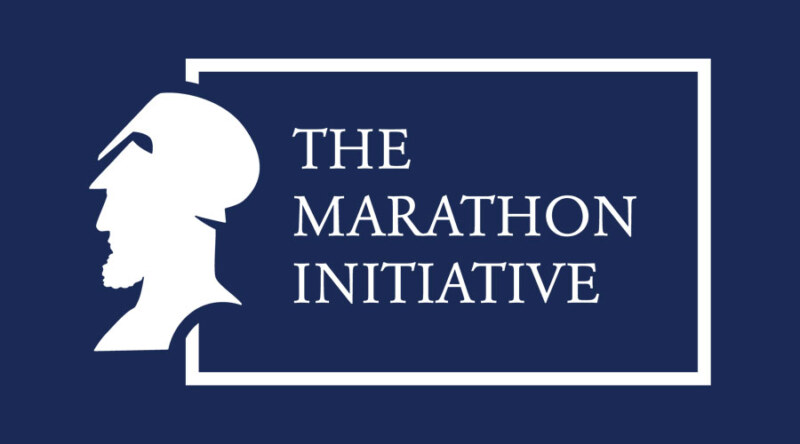Elbridge Colby Interviewed in Orbis
in Conversation with Nikolas Gvosdev
In March 2020, the secretary-general of the North Atlantic Treaty Organization (NATO), Jens Stoltenberg, convened a “reflection group” to examine how the trans-Atlantic alliance can adapt to the new security challenges of the 2020s and beyond. As we await the final report and recommendation of this group of experts, Orbis Editor Nikolas Gvosdev asked two distinguished practitioner-analysts to offer their own reflections and to discuss their perspectives on the future of the alliance and the next steps that NATO should be taking in this new era of systemic rivalry, particularly with the world’s authoritarian great powers.
Nikolas Gvosdev: Which is the bigger challenge, China or Russia? Or are they equivalent?
Elbridge Colby: China is by a very considerable margin the more significant challenge to U.S. interests. The fundamental U.S. interest abroad is in denying another state the ability to dominate a key region like Asia or Europe. This could allow such a state to prejudice or deny our trade, access to markets, and so forth. China is a much greater threat on both of these scores: it is a far larger economy and thus can mount a much more plausible challenge to establish hegemony over its region than Russia can over Europe, and Asia is the world’s largest economy. So, the top priority must be to deny China hegemony over Asia. That said, Russia remains a challenge in Europe, and, in particular, is a concrete military threat in Eastern NATO; ensuring Russia does not see a plausible “theory of victory” in this area needs to be the priority focus for the Atlantic Alliance.
Ian Brzezinski: China and Russia both pose significant challenges to the United States. Both have become revisionist powers whose territorial ambitions portend to disrupt the international order that has been the basis for unprecedented peace, freedom, and prosperity since the end of World War II.
Moscow and Beijing have both demonstrated a propensity to use force against other neighbors. Russia continues to occupy portions of Ukraine and Georgia. China recently attacked Indian forces in the Himalayas, and its aggressive actions continue in the South China Sea. Both nations use their militaries to harass U.S. civilian and military ships and aircraft. Both exercise new technologies, most notably cyber and social media, to infiltrate and undermine the United States, its allies, and partners.
Orbis


